I was able to arrange a trip with a small group to conduct a Cetacean Survey around Boubyan and Warba Island (which are in a restricted area of the northern Arabian Gulf) and at the same time look for sea birds. As with all adventures, you can plan all the detail; but the weather is always the uncertain factor and today that was the case with very strong and blustery winds – not ideal for looking for Dolphins.
Nevertheless, the captain assured us the boat was built for these kinds of conditions, so we set off – first to the southern end of Boubyan where we were fortunate to have 2 sightings of Indo-pacific Humpback Dolphins (Sousa chinensis) – getting usable images from the rolling deck was a different challenge all together; added to the fact that it is almost impossible to predict where they may surface.
After these sightings we headed to the northern part of Boubyan Island getting views of a variety of Terns, Spoonbills, Crab-plovers, Grey and Western Reef Herons and Slender-billed Gulls – all of which breed on the island in summer. I noted that Barn Swallows seem unperturbed by the strong head wind and continued low over the sea on their way north. We had a quick stop on Warba Island where the wind was now really blowing and there were a few migrants present. At the jetty, a Gull-billed Tern (Gelochelidon nilotica) passed by
I saw both Pied and Eastern Black-eared Wheatears and this female Western Black Redstart (Phoenicurus ochruros)
There were some Blue-cheeked Bee-eaters roosting on the island – keeping low to stay out of the wind. An unexpected surprise was this White-throated Kingfisher (Halcyon smyrnensis) that came flying in very low and struggling against the wind
On the way back to base, we detoured through some of the northerly channels of Boubyan Island and found a 3rd group of Indo-pacific Humpback Dolphin(Sousa chinensis)
This pod was easier to track, as it had a mixed flock of Terns following their movements from above, so we had Swift Tern (Sterna bergii)
A few Lesser Crested Terns (Sterna bengalensis)
And a single Caspian Tern (Hydroprogne caspia) acting as lookouts for us. All in all 5 Tern species were seen, including a Little Tern that was too far for an image.
Once back at base, the tide was low and in the inter-tidal zone I was able to find (with the help of my friend Anand) and photograph the 3rd species of inter-tidal Mudskipper found in Kuwait – Slender Mudskipper (Scartelaos tenuis).

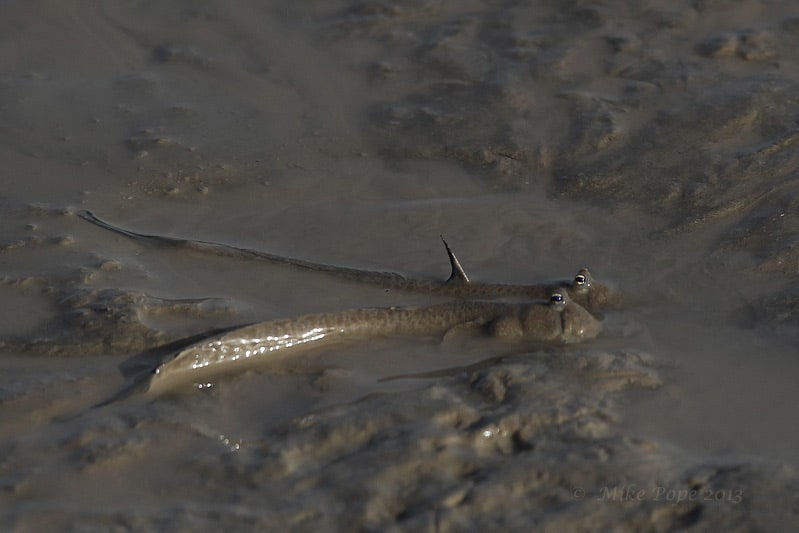
So, despite the blustery and bumpy conditions this was a pretty successful survey for all that participated.
Michael Pope
A South African ex-pat who currently resides in Kuwait with his family since October 2006 and maintains a full time job as an IT Project Manager delivering and implementing projects in Kuwait and the GCC. An avid naturalist with an interest in wildlife and conservation that started early in his schooling when he was selected to spend a week in Londolozi Game Reserve learning about Conservation and Game Ranger principals. That week had a profound impact, the seed was sown and a passion for birds, photography, wildlife, biodiversity and conservation was instilled. He has travelled and explored the length and breadth of South and Southern Africa in search of birds, Aside from birds, he photographs landscapes, mammals, reptiles and just about any living creature he can get in front of his lens. Since arriving in Kuwait has also explored many other countries expanding his list and knowledge. In Kuwait his passion for birding, photography and highlighting the need for conservation and protection of migratory birds has continued and this is showcased on his Kuwait Birding Blog http://kuwaitbirding.blogspot.com/) . In early 2008 he was proposed as and still is Chairman of Kuwait Ornithological Records Committee. However, a personal achievement of his birding tenure in Kuwait is Co-editor for the milestone publication of “Birds of Kuwait – A Comprehensive Visual Guide” in collaboration with BioDiversity East and KUFPEC.
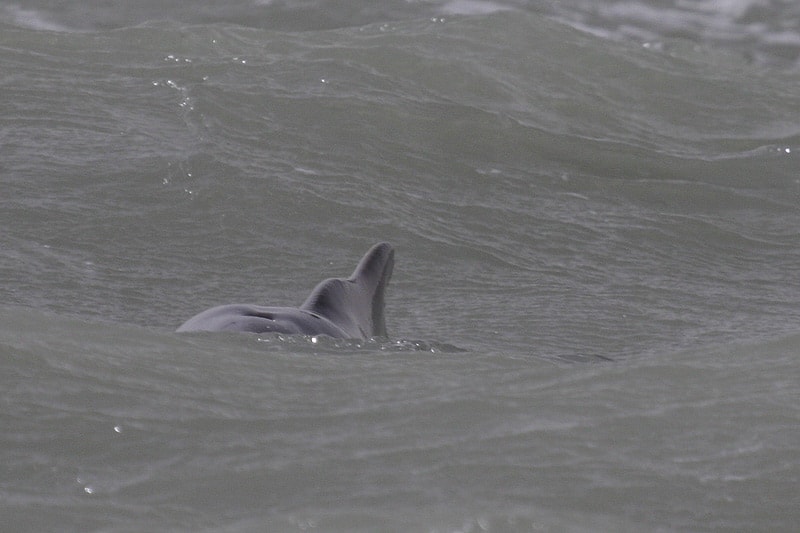
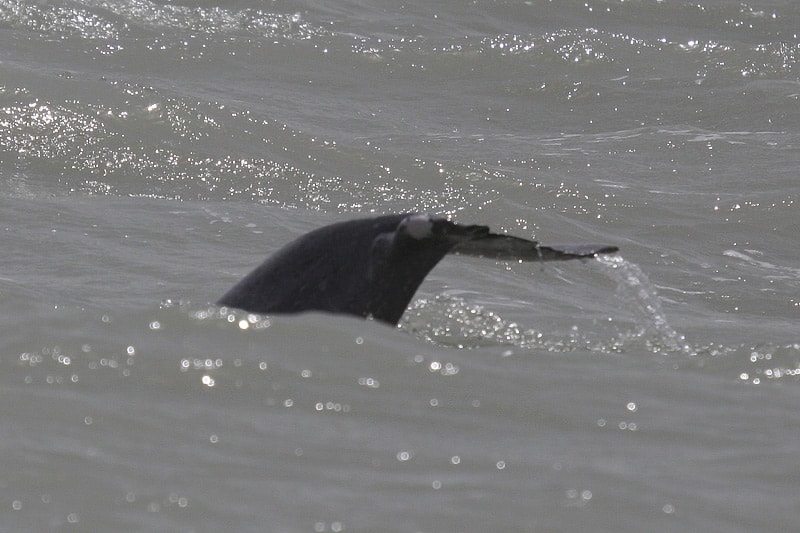
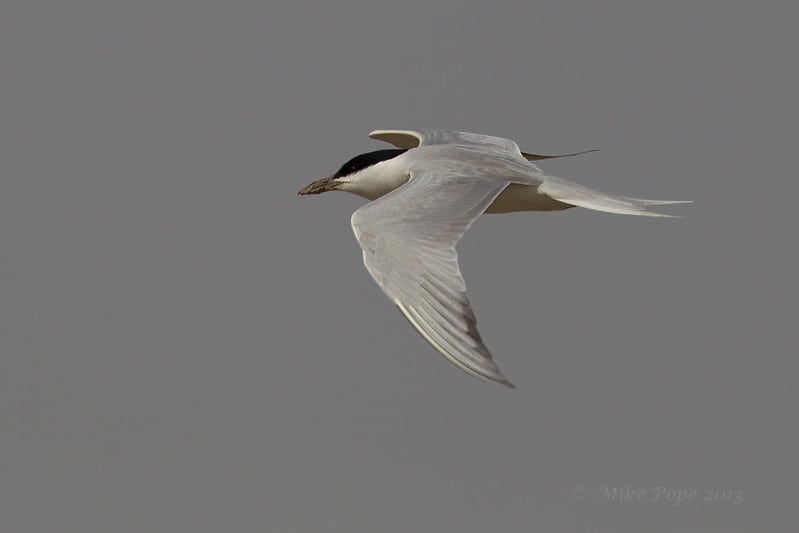
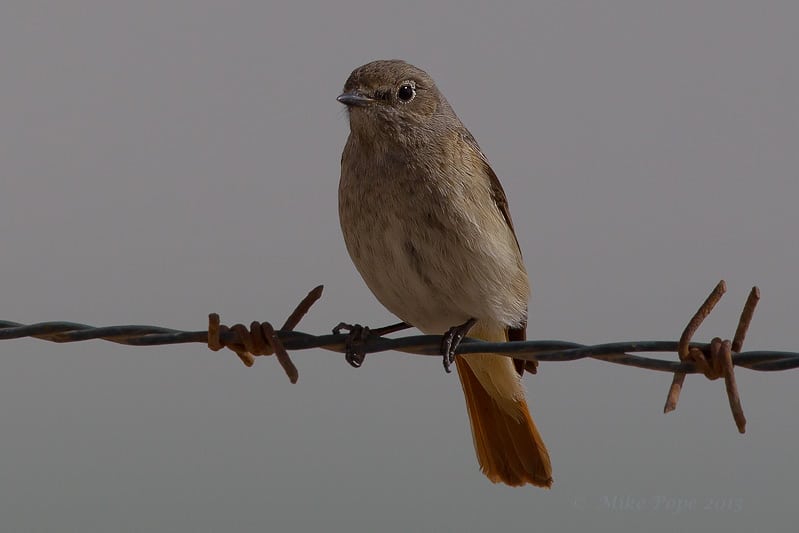
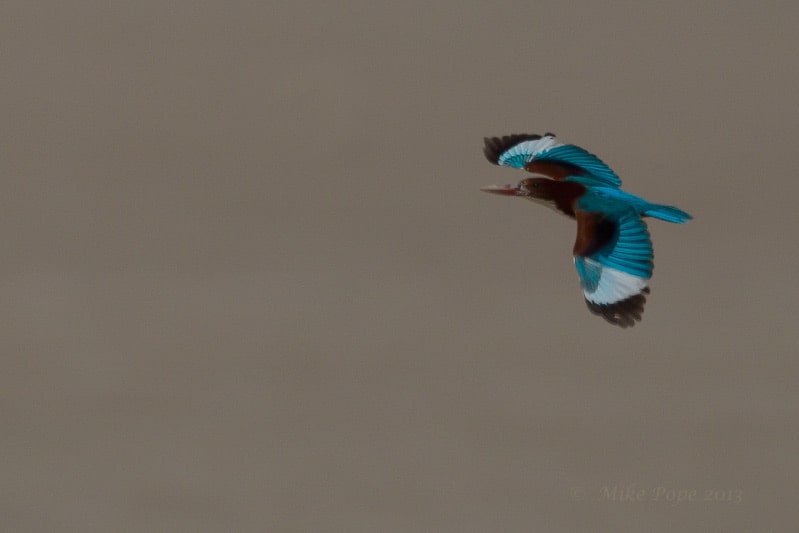
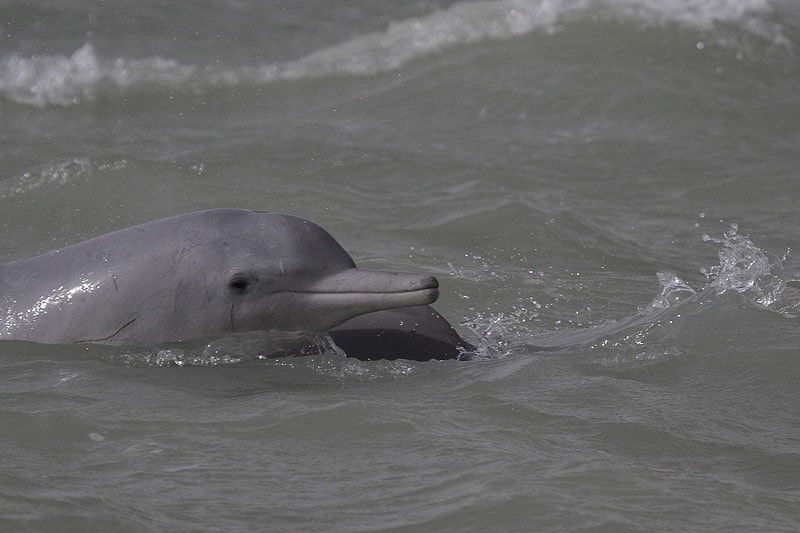

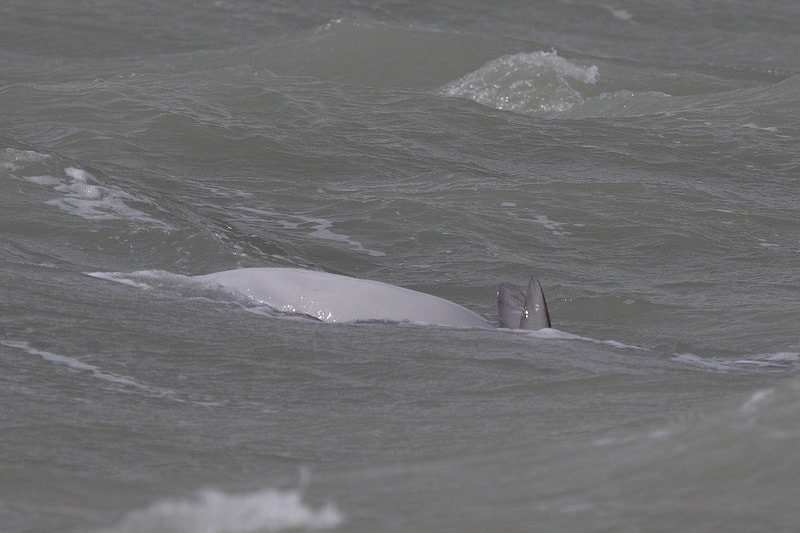

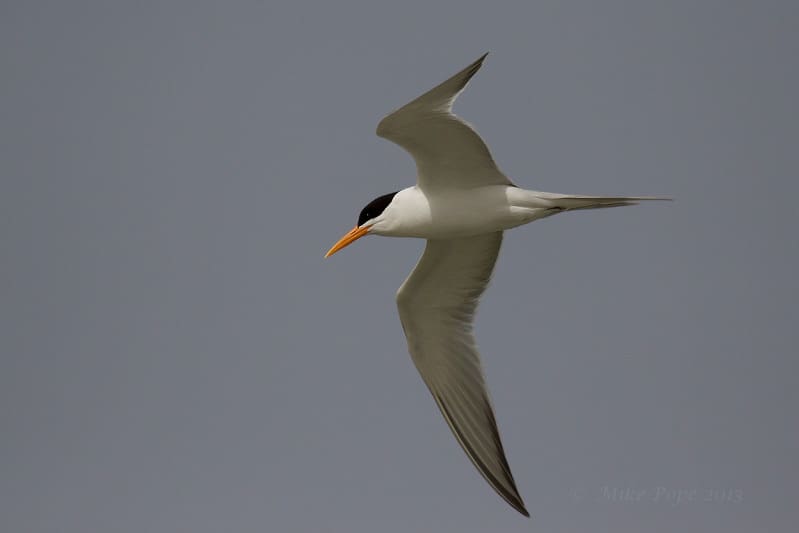

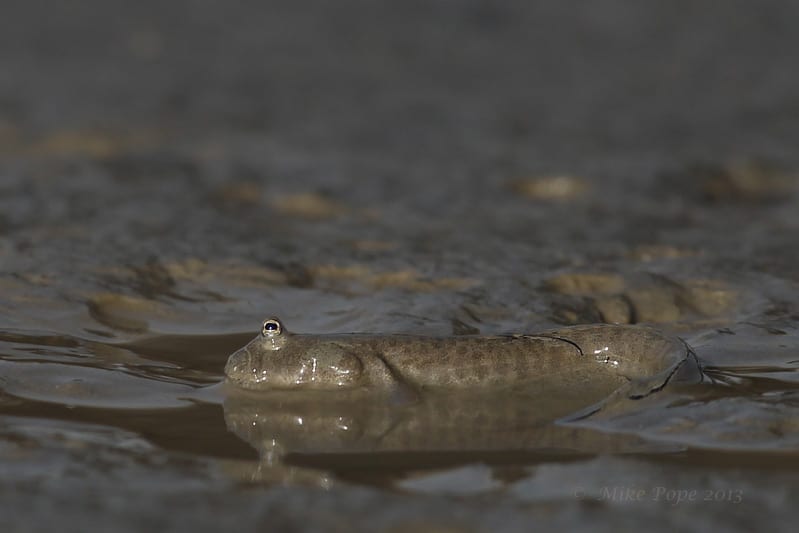
Leave a Reply